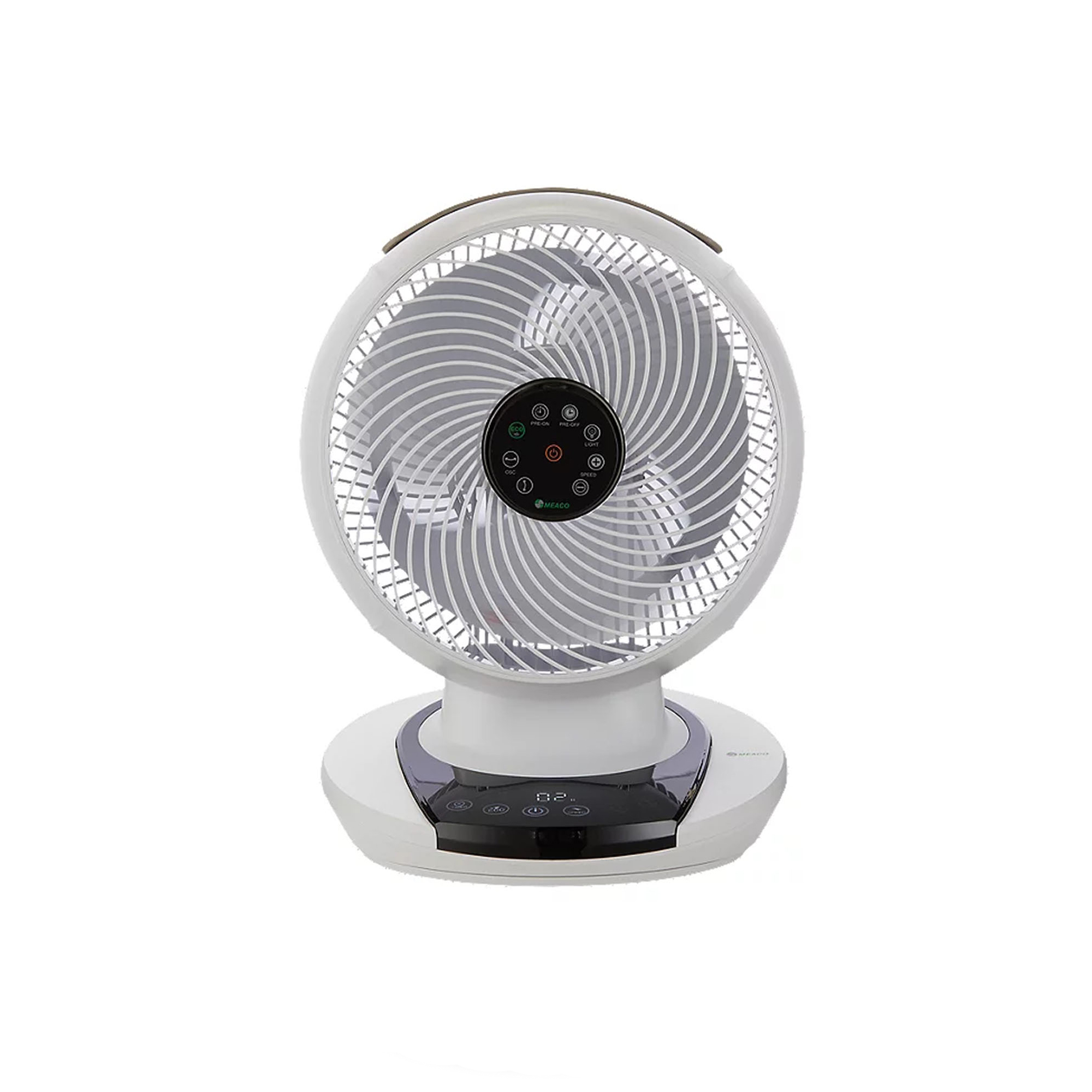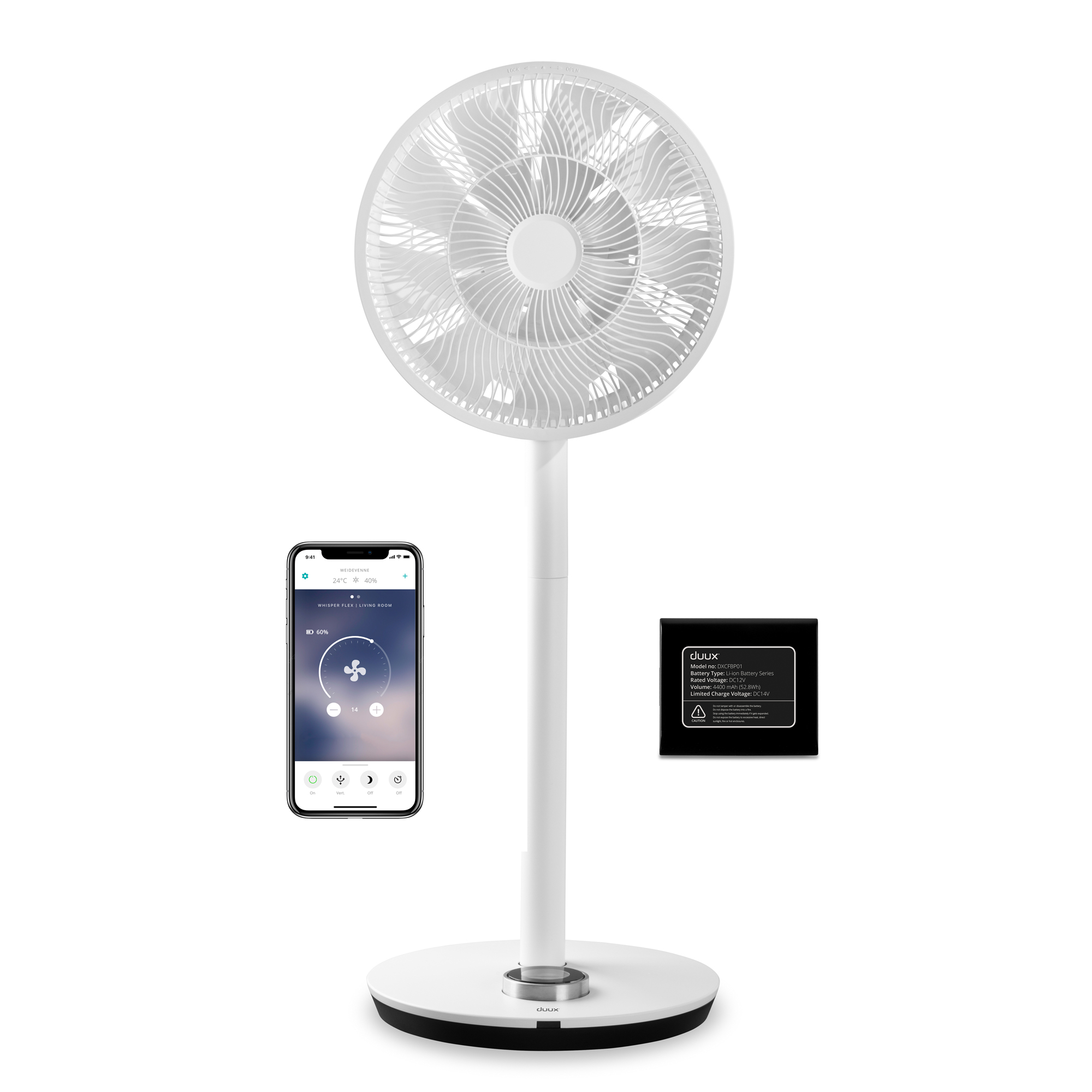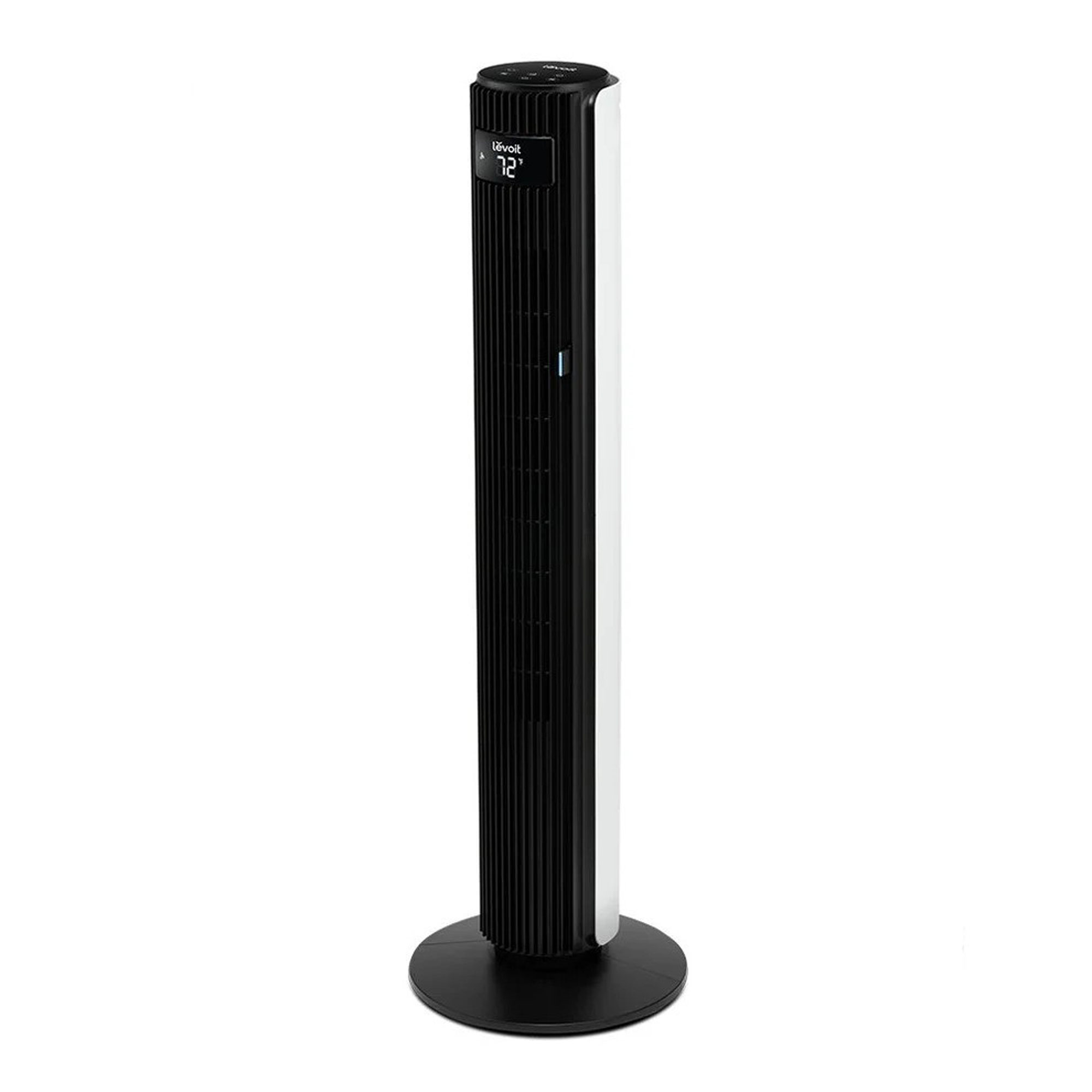Does an oscillating fan use a lot of electricity? Experts reveal their top tips to beat the heat while saving on running costs
Stay cool at home while being savvy


An electric fan is easily the tried and tested heatwave solution we always find ourselves turning back to. However, as temperatures continue to reach soaring figures and our fans see a lot of use, it's only natural that you might question whether an oscillating fan uses a lot of electricity.
While it's a given that the best fans will more or less always be the more energy-savvy way of staying cool during the hot weather – especially compared to the likes of a portable air conditioner – when you're leaving an oscillating fan on for hours at a time it might leave you wondering if it's still the most eco-conscious option.
Thankfully, you'll be happy to hear that the cost of running a fan (despite long hours) shouldn't set you back more than pennies for the most part so long as you're not running them for excessive periods.
But of course, with the price of energy bills always ticking on our minds, we've asked energy experts to break down how much an oscillating fan costs to run as well as how to save on running costs this summer.
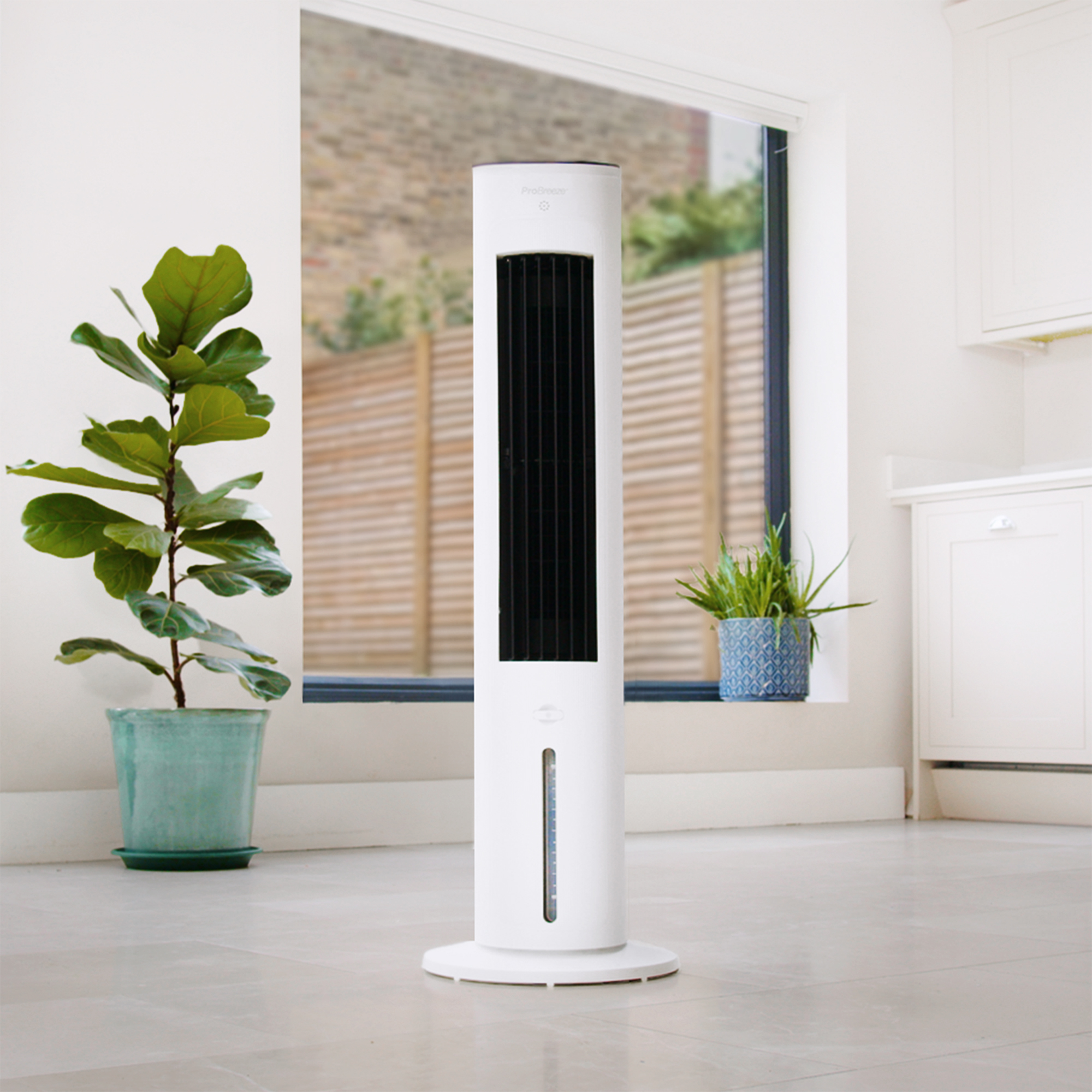
Does an oscillating fan use a lot of electricity?
'The amount of power used for an oscillating fan will depend on factors, such as its size, the speed it is set, and its running time,' begins James Longley, managing director at Utility Bidder. 'A typical fan can use around 25 watts of power for a small size, with larger ones using around 125 watts.'
For example, an average 18-inch bladed floor fan can use up to 110 watts (0.11kW) when run at full speed. So, if you're paying roughly 25p per kWh for energy (as per the most recent energy price cap), it'll cost you just under 3p an hour to run. Therefore, over 10 hours of run time will subsequently cost you just under 28p to run with a full 24 hours costing you just under 65p.
While this may seem pretty menial at first glance (and a price worth paying to keep a bedroom cool when it's warm out), if you're running this fan for 24 hours every single day for a month, this can potentially add up to £20.05 to your monthly energy bill total.
Sign up to our newsletter for style inspiration, real homes, project and garden advice and shopping know-how
Granted, it's a little unrealistic to leave a fan running for that long without any breaks, but we think this helps to visualise just how much it could potentially cost you throughout the summer months to stay cool.
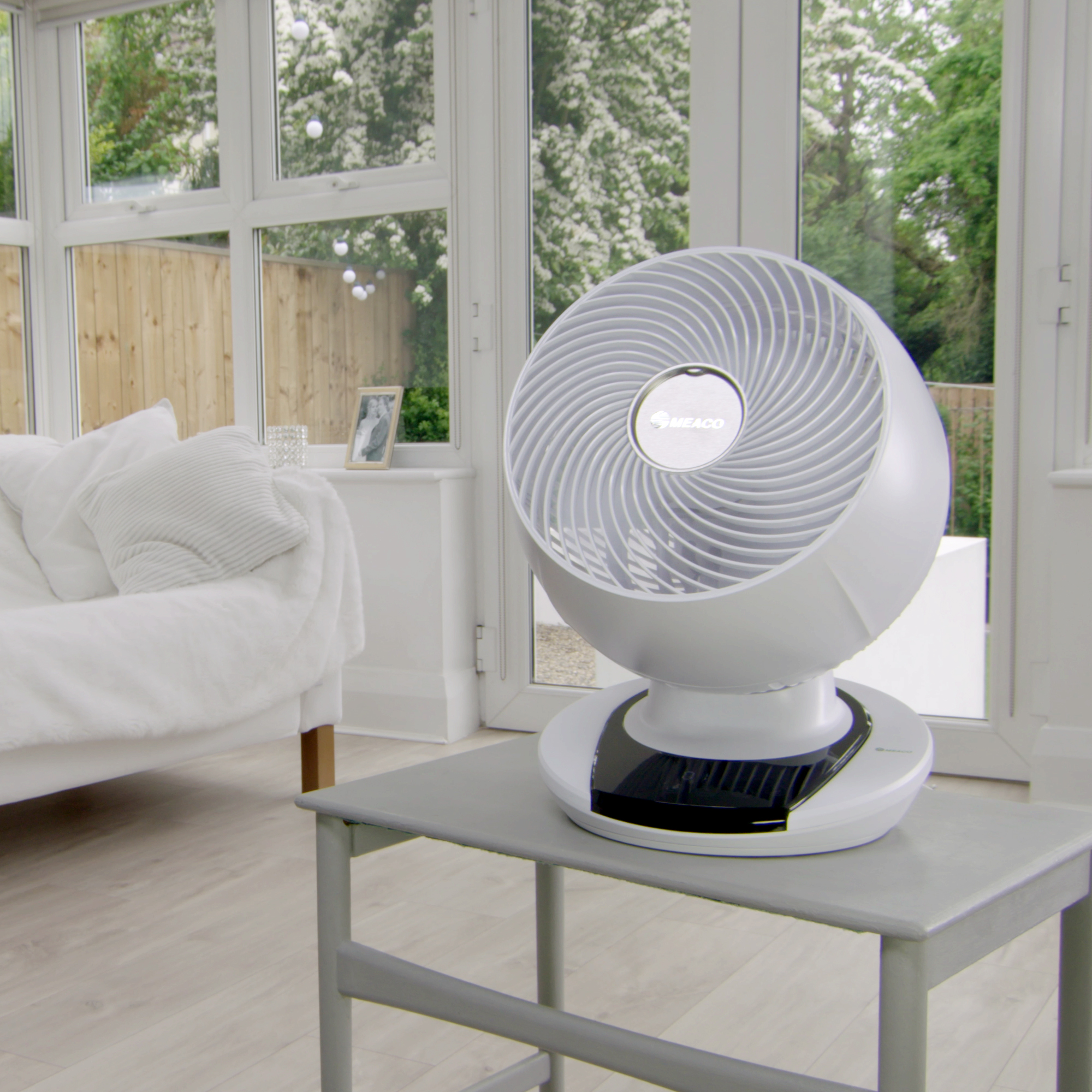
How to save on fan running costs
Luckily, Andy Kerr, founder of BOXT assures that this cost can be lowered if you are strategic with your fan and utilise their strengths.
'Many will keep their fans in storage during the colder months. However, this means they will have accumulated a lot of dust once you get them out – reducing their efficiency,' notes Andy. 'Before switching them on, be sure to remove any dust from the blades and any other surfaces before using your fan to boost their efficiency.' Besides, it's never a bad idea to clean a fan periodically anyway.
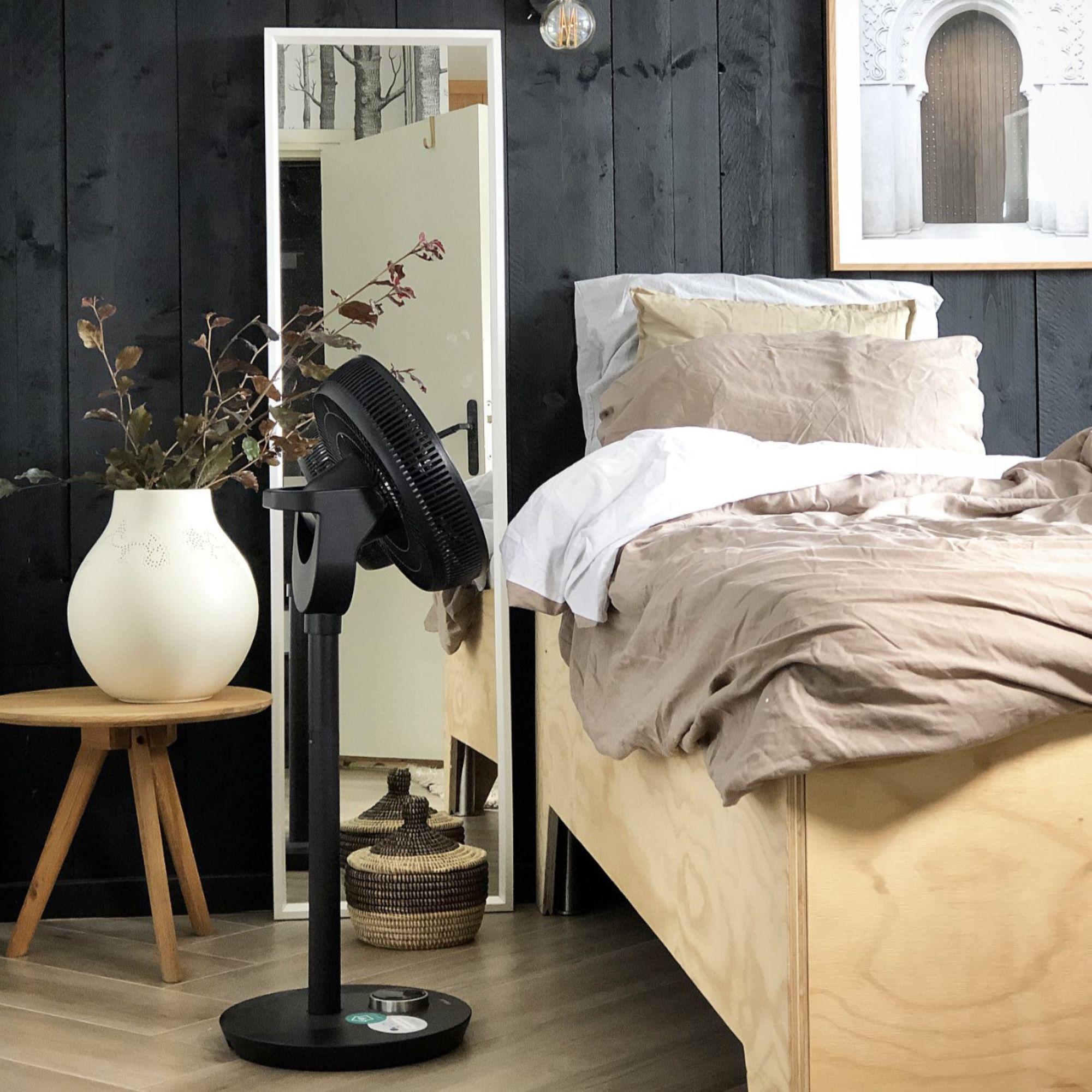
In terms of actually using a fan, James recommends turning the fan off when you are leaving the room it is in to help you save energy at home.
Since fans don't actually lower the temperature of a room but rather just cool the person (unlike an air conditioner which does actively cool a room), it's a little pointless to keep it running when nobody is occupying the space.
'Another option is, rather than increase the speed of the fan, place a bowl of icy water in front of it, this will cause small cold water droplets to circulate the room and therefore cool the room faster,' adds James. If you opted for a fan when debating between a fan vs air conditioner, doing this is almost akin to a similar cooling experience an AC unit provides if you need the extra boost.
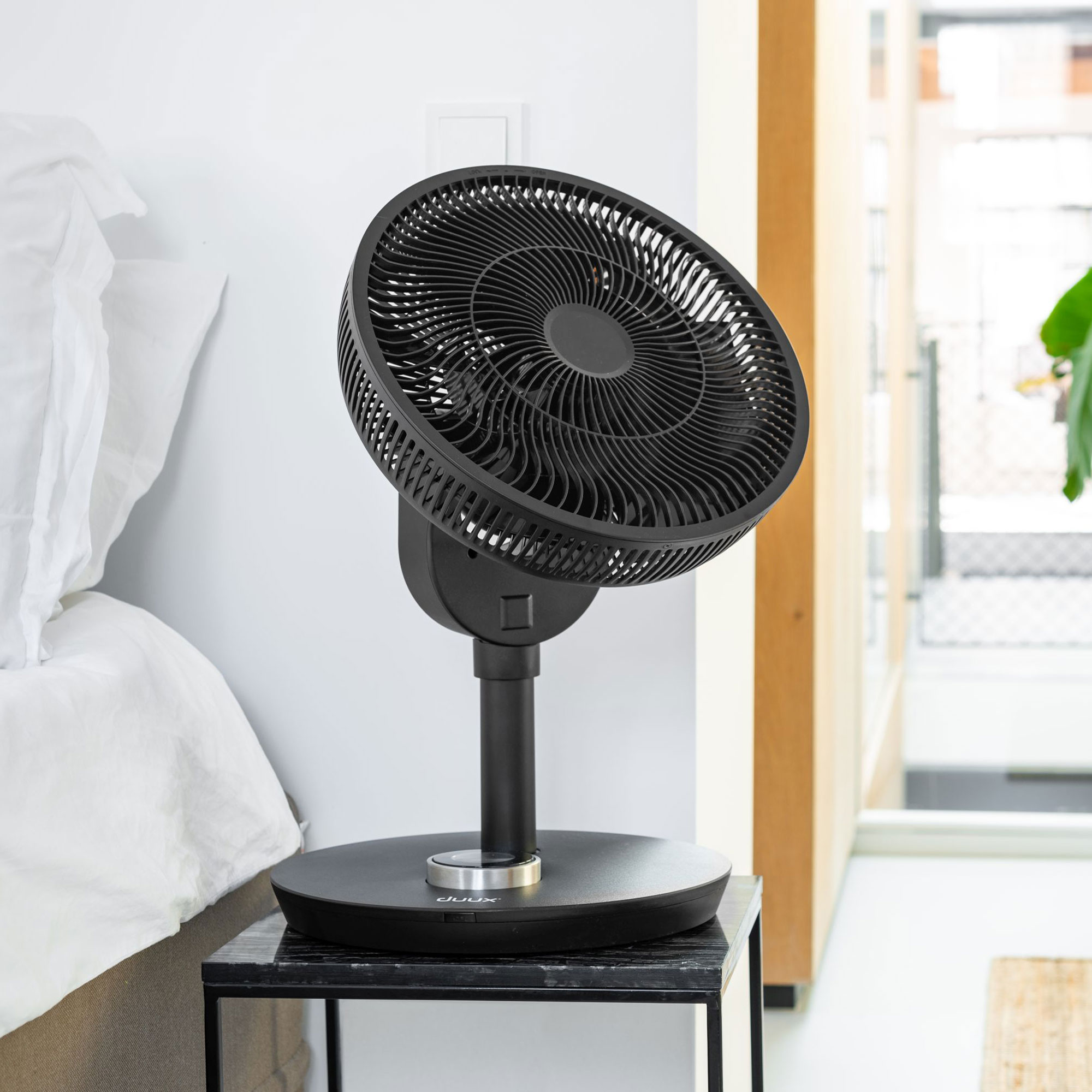
'Since heat rises, the coolest air in your house is going to be at floor level, so set your fan on the ground floor and point it upwards,' advise OVO Energy's experts. 'Position it so it points upwards towards the opposite wall, with no large objects in the way. This will bounce the cooler air back into the room, to cool the overall temperature.'
Alternatively, strategically positioning your fan by a window will also increase its efficiency.
Shop oscillating fans
So, while an oscillating fan doesn't typically use a lot of electricity, its cost to run will inevitably jump during heatwaves and hotter months of the year.
However, by investing in an energy-efficient model and keeping the above energy-saving tips in mind, you can do your part to keep costs down without sacrificing the relief of cooling comfort.

Jullia was Ideal Home’s Junior Writer from 2022-2024 and the Ideal Home Certified Expert in Training on Vacuums having spent over 60 hours testing different models. She’s always loved all things homes and interiors, graduating with a bachelor’s degree in Architectural Studies from the University of Nottingham where her love for writing blossomed following her internship at ArchDaily. Now focused on home tech and cleaning, Jullia works on writing features and explainers to help people make the most of their home appliance investments, putting the newest launches through their paces. When she isn’t writing, she loves exploring the city, coffee shop hopping, and losing hours to a cosy game or book.
